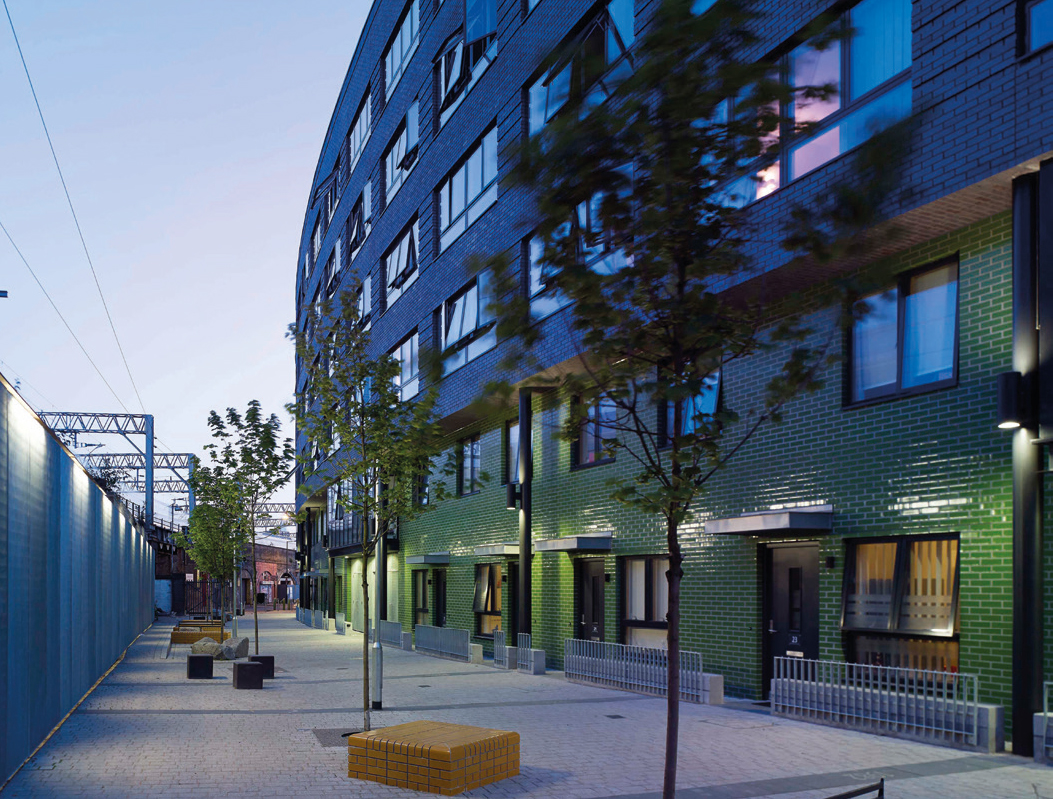More than 70 investors and housing associations have become early adopters of an industry-led sustainability reporting standard designed to unlock private and institutional investment to tackle the UK’s deepening housing crisis.
The Sustainability Reporting Standard for social and affordable housing was unveiled today by the ESG Social Housing Working Group, a collaboration of investors, housing associations and financial experts.
The working group was set up in response to widespread concerns about the lack of transparency and consistency of the frameworks being used to report Environmental, Social and Governance (ESG) performance across the social housing sector. The working group has been meeting over the last 12 months to develop a sector-specific standard that would be accepted by investors and investees alike.
A public consultation on an early draft of the standard engaged more than 400 organisations, including bodies representing social housing tenants, smaller housing associations and those representing housing interests in the regions and devolved nations.
The final standard, published today, is designed to enable the sector to build evidence about its ESG performance to a range of stakeholders, including the growing number of investors focused on sustainability issues, not just financial returns.
The standard was launched just weeks after the National Housing Federation revealed official data is underestimating the true scale of the housing crisis facing the UK. Its annual People in Housing Need report found 1.6m households (3.8m people) are currently in need of social housing, which is 500,000 more than is recorded on official waiting lists.
The NHF has called on the government to invest £10bn a year in social housing, enough to provide 90,000 new social rented homes every year. Meanwhile, investment from the debt capital markets in social housing has increased from c.£16bn in 2013 to £39bn in 2019, and further growth is expected.
The estimated size of the UK sustainable investment market is £2 trillion and, according to the Global Sustainable Investment Alliance, in 2018 ESG considerations were at the forefront of investment decisions influencing the flow of £22.8 trillion globally.
With a further wave of investment required to fund desperately needed new housing supply as well as fire safety and decarbonisation measures, the growth trend in institutional investment in affordable housing will need to continue in the years ahead.
By becoming early adopters, housing associations have committed to reporting against the standard on an annual basis, while investors and lenders have committed to using it in their investment and credit appraisal processes.
A new board, the Social and Affordable Housing: Sustainability Reporting Standard Board, has been set up to oversee the roll out of the standard.
It is believed to be the first time market participants, including investors and investees, have joined forces to develop a single, sector-specific ESG framework in the UK.


